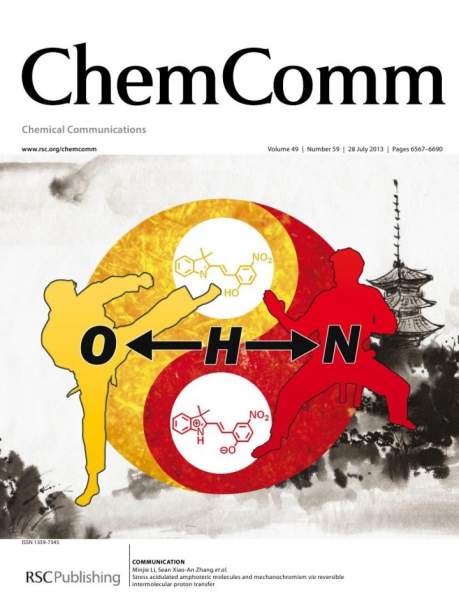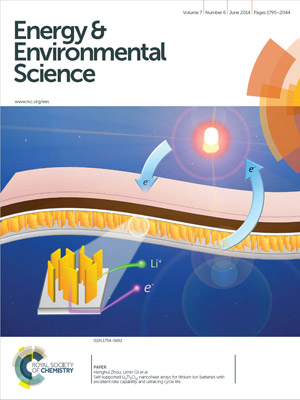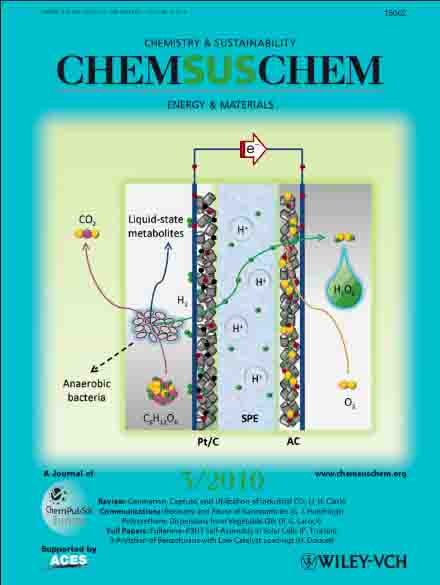In the 21st century, air transportation industry develops rapidly and plays an important role in economic development and national security. Therefore, a safe and stable supply of high-quality aviation fuel is of Paramount importance. Jet fuel is heavier than gasoline and lighter than diesel, and generally contains hydrocarbons with 8-16 carbon atoms. Conventional aviation fuel consists of 20% straight-chain alkanes, 40% branched alkanes, 20% cycloalkanes and 20% aromatic hydrocarbons by volume, and its production mainly depends on non-renewable fossil energy. However, with the exhaustion of fossil energy and the environmental pollution caused by its emissions, people urgently need to find renewable clean fuels to replace or supplement the traditional fossil energy. Biomass is the only renewable resource that can provide liquid biofuel. Compared with traditional petroleum-based jet fuel, bio-jet fuel has a great advantage in that its CO2 emissions are neutral during its life cycle, which can significantly reduce greenhouse gas emissions. The structure and properties of lignin make it have natural advantages in the preparation of cyclic hydrocarbon compounds. If the C-O and C-C bonds in the structure can be selectively broken, lignin can be effectively degraded into monomers or small dimer molecules containing one or two benzene rings, and further converted into aviation fuel with appropriate carbon number (C8-C16) through catalytic hydrodeoxidation.
In order to achieve efficient conversion of lignin to aromatic compounds, catalysts need not only high activity and high selectivity to aromatic hydrocarbons, but also good sulfur resistance and cyclic stability. For sulfide catalysts, their reactivity and selectivity as well as the stability of the catalysts under reaction conditions need to be further improved. The reaction mechanism and reaction mechanism of catalyst active center and reaction product still need to be further confirmed. Therefore, the study of catalytic conversion of lignin over sulfide catalysts is still a very challenging topic.
Based on the insufficient activity and cyclic stability of sulfide catalyst, the team of Professor Jiina, School of Environmental Sciences, Tianjin University, proposed a new synthesis strategy of Co-Mo bimetallic catalyst: Using CoAl hydrotalcite as the precursor, Co9S8 nanoparticles were anchored on Al2O3 substrate first. Meanwhile, Mo modification was carried out on the surface of Co9S8, and mo-Co9S8 active center was constructed to achieve efficient and stable catalytic hydrodeoxidation of lignin for the preparation of aviation oil aromatic hydrocarbons. In this work, the catalytic structure-activity relationship was established by using diphenyl ether model compounds as reaction probe molecules, combining in-situ X-ray absorption spectroscopy, density functional theory and other characterization techniques, and the catalyst was applied to various lignin model compounds and real lignin hydrodeoxidation reaction.
 Fabricating High Temperature Stable Mo-Co9S8/Al2O3 Catalyst for Selective Hydrodeoxygenation of Lignin to Arenes has been published in the internationally acclaimed journal < Storng >Applied Catalysis B: Environmental(IF:19.503). The co-first authors of this paper are Diao Xinyong and Ji Na. The co-corresponding authors are Ji Na (Tianjin University), Liu Qingling (Tianjin University) and Li Changzhi (Dalian Institute of Chemical Engineering).
Fabricating High Temperature Stable Mo-Co9S8/Al2O3 Catalyst for Selective Hydrodeoxygenation of Lignin to Arenes has been published in the internationally acclaimed journal < Storng >Applied Catalysis B: Environmental(IF:19.503). The co-first authors of this paper are Diao Xinyong and Ji Na. The co-corresponding authors are Ji Na (Tianjin University), Liu Qingling (Tianjin University) and Li Changzhi (Dalian Institute of Chemical Engineering).
Prof. Ji na's team has long been committed to the catalytic conversion of biomass to biofuels and chemicals. In recent years, she has published more than 70 SCI research papers in international high-level academic journals, including 10 cover papers, with an H-index of 28. Included: Angew. Chem. Int. Ed., ACS Catalysis, Applied Catalysis B: Environmental, ChemSusChem, Green Chemistry, Journal of Catalysis, Journal of Energy Chemistry, Renewable & Sustainable Energy Reviews, ACS Sustainable Chemistry & Engineering, etc., with a total citation rate of more than 2000 times.
(Editors: Hao Linge, Wang Yunchong)





